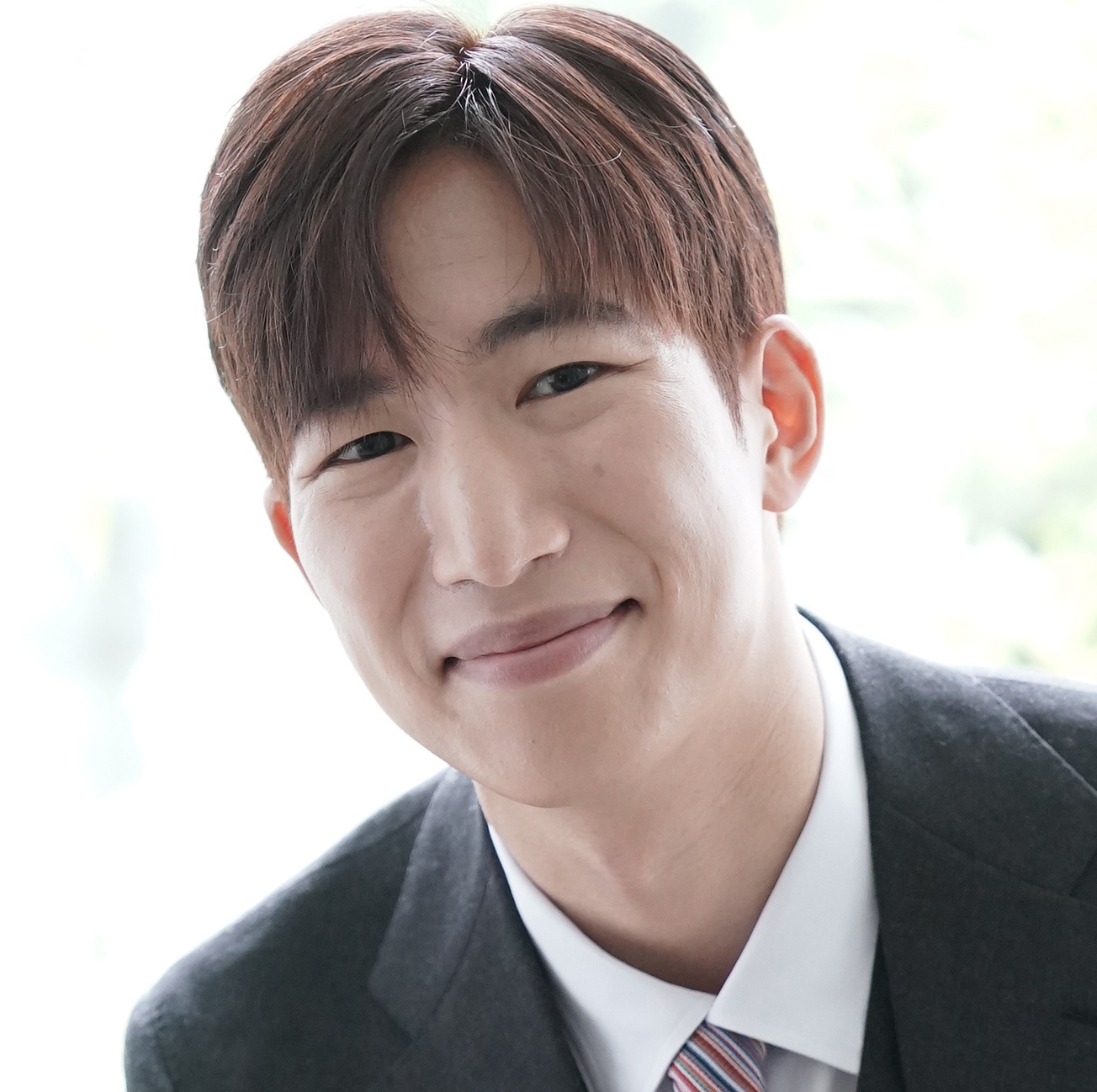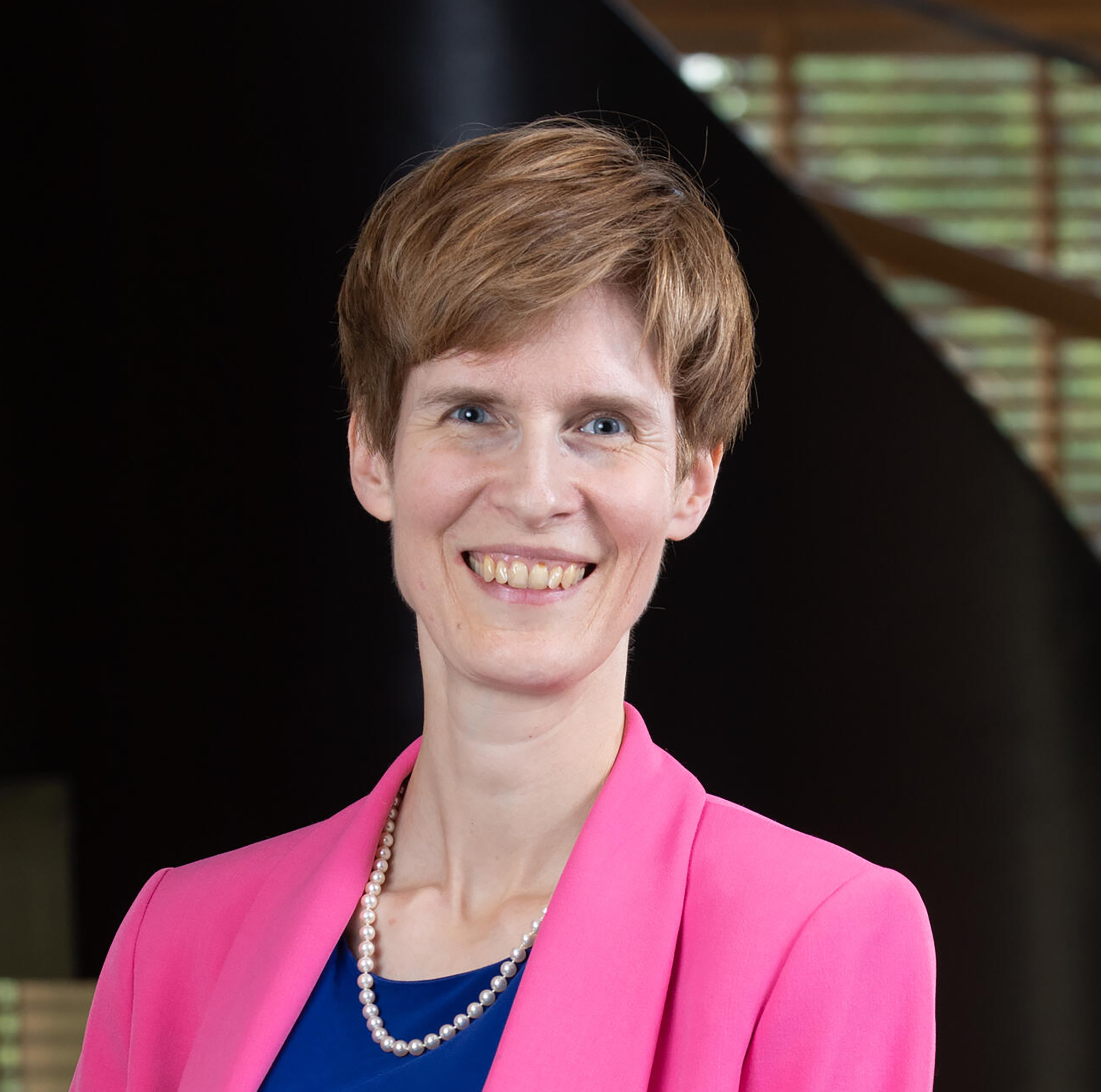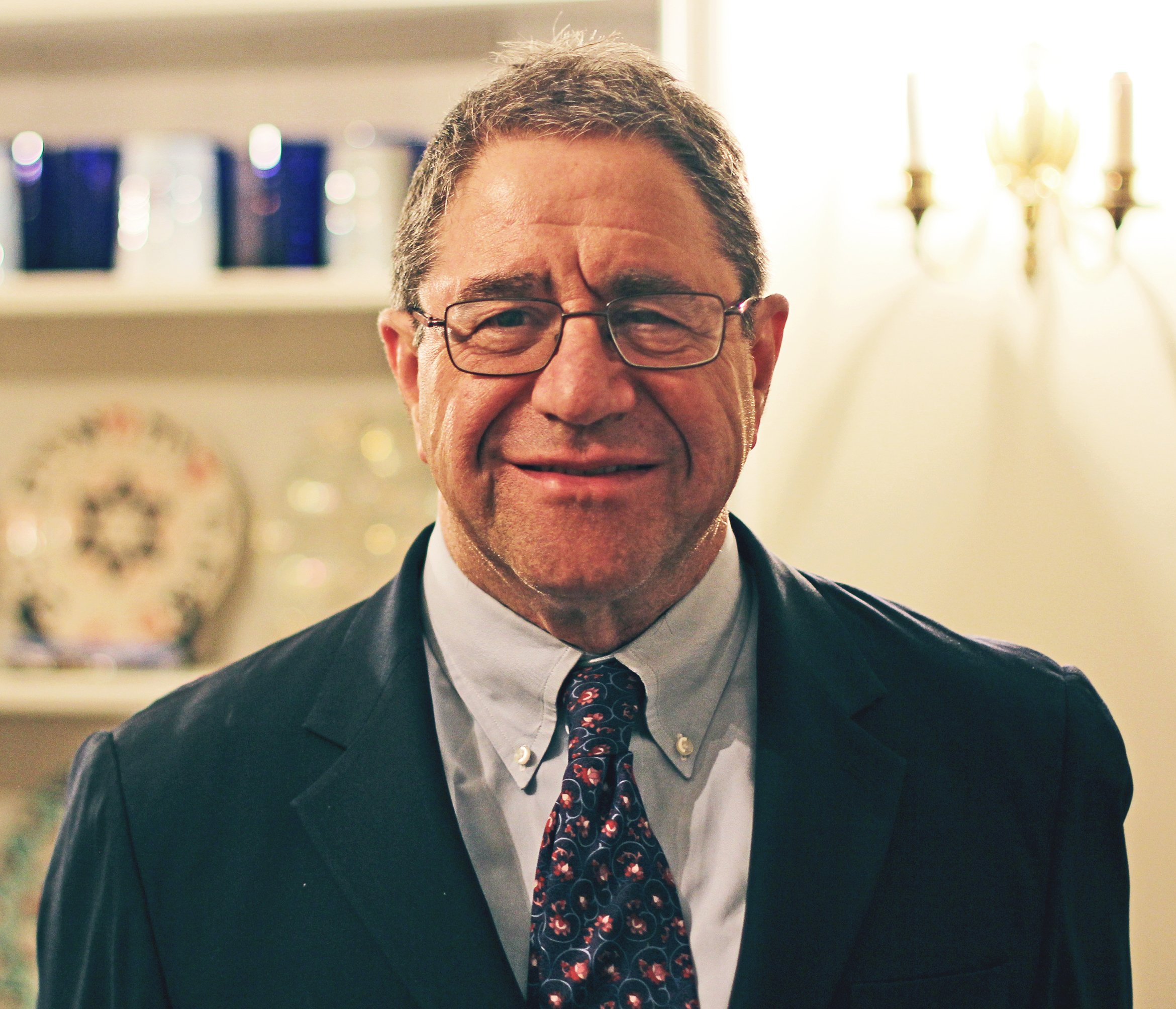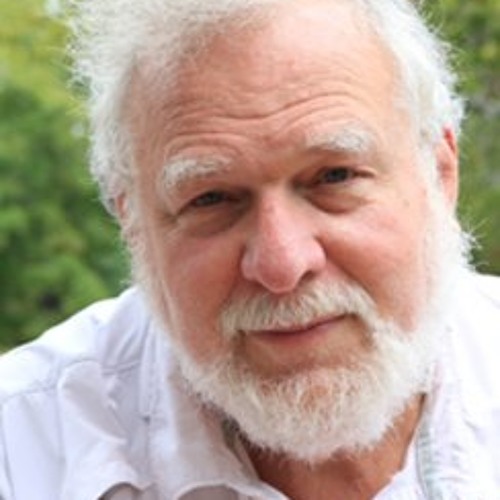Beginning with jokes like this one, this course will examine the question of Jewish humor, exploring the concept of therapeutic joking, the politics of self-deprecation, and strategies of masking social critique behind a well-timed joke. Rather than reach some essential definition, we will instead investigate literature, stand-up comedy, film, and television of the twentieth and twenty-first century in order to 1) think together about the theory, mechanics, and techniques of comedy and humor and 2) ask how and when a text or performance gets labeled Jewish, by whom and for what purposes.
By focusing on literary narratives, cultural representations, and critical theories, this course explores ways in which issues related to migration create rich and complex interdisciplinary conversations. How do humanistic disciplines address these issues—human rights, cultural translation, global justice, security, citizenship, social discrimination, biopolitics—and what contributions do they make to the “home” disciplines of migration studies such as law, political science, and sociology? How do migration narratives compel us to revise our concepts of culture, polity, neighborliness, and community? We will explore diverse aspects of migration from existential, ethical, and philosophical perspectives while engaging with specific regional and political histories.







Founded as a graduate program in 1904 and joining with the undergraduate Literature Concentration in 2007, Harvard’s Department of Comparative Literature operates at the crossroads of multilingualism, literary study, and media history.
© 2023 President and Fellows of Harvard College
Sign up to receive news and information about upcoming events, exhibitions, and more